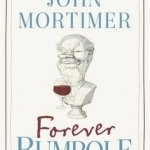
Forever Rumpole: The Best of the Rumpole Stories
Book
Forever Rumpole - a hilarious new selection of the very best Rumpole stories by John Mortimer Horace...
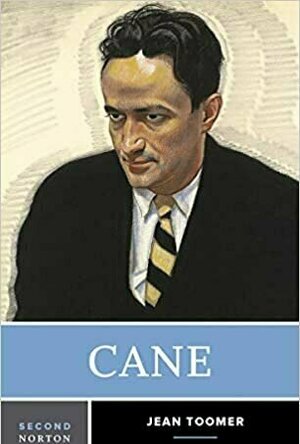
Cane
Book
Originally published in 1923, Jean Toomer's Cane remains an innovative literary work-part drama,...
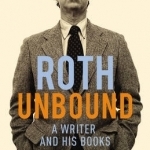
Roth Unbound
Book
Philip Roth - one of the most renowned writers of his generation - hardly needs introduction. From...
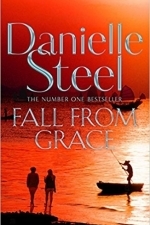
Fall from Grace
Book
You find strength when you're at your weakest . . . Tarnished. Talented. Tenacious. When...
literary fiction
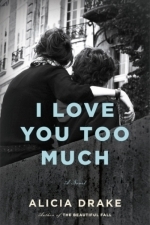
I Love You Too Much
Book
I knew I was in Paris, I knew that was the Seine beneath me, the sky above, but when I looked around...
literary fiction
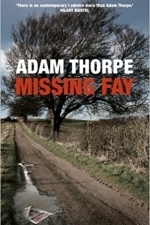
Missing Fay
Book
A spirited, restless fourteen-year-old, Fay, goes missing from a Lincoln council estate. Is she a...
literary fiction
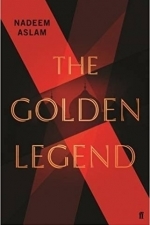
The Golden Legend
Book
'Exhilarating ... an exquisite, painful book.' Lara Feigel, Guardian A brave, timely, searingly...
literary fiction
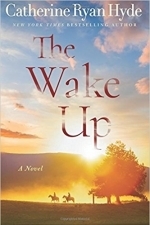
The Wake Up
Book
From New York Times bestselling author Catherine Ryan Hyde comes a hauntingly emotional novel of how...
literary fiction

The Friend: A Novel
Book
"A penetrating, moving meditation on loss, comfort, memory...Nunez has a wry, withering wit." --NPR ...
literary fiction
The Illustrated Dust Jacket 1920-1970
Book
In the modern era, the "beautiful book," an art object in its own right, has become the key to the...
